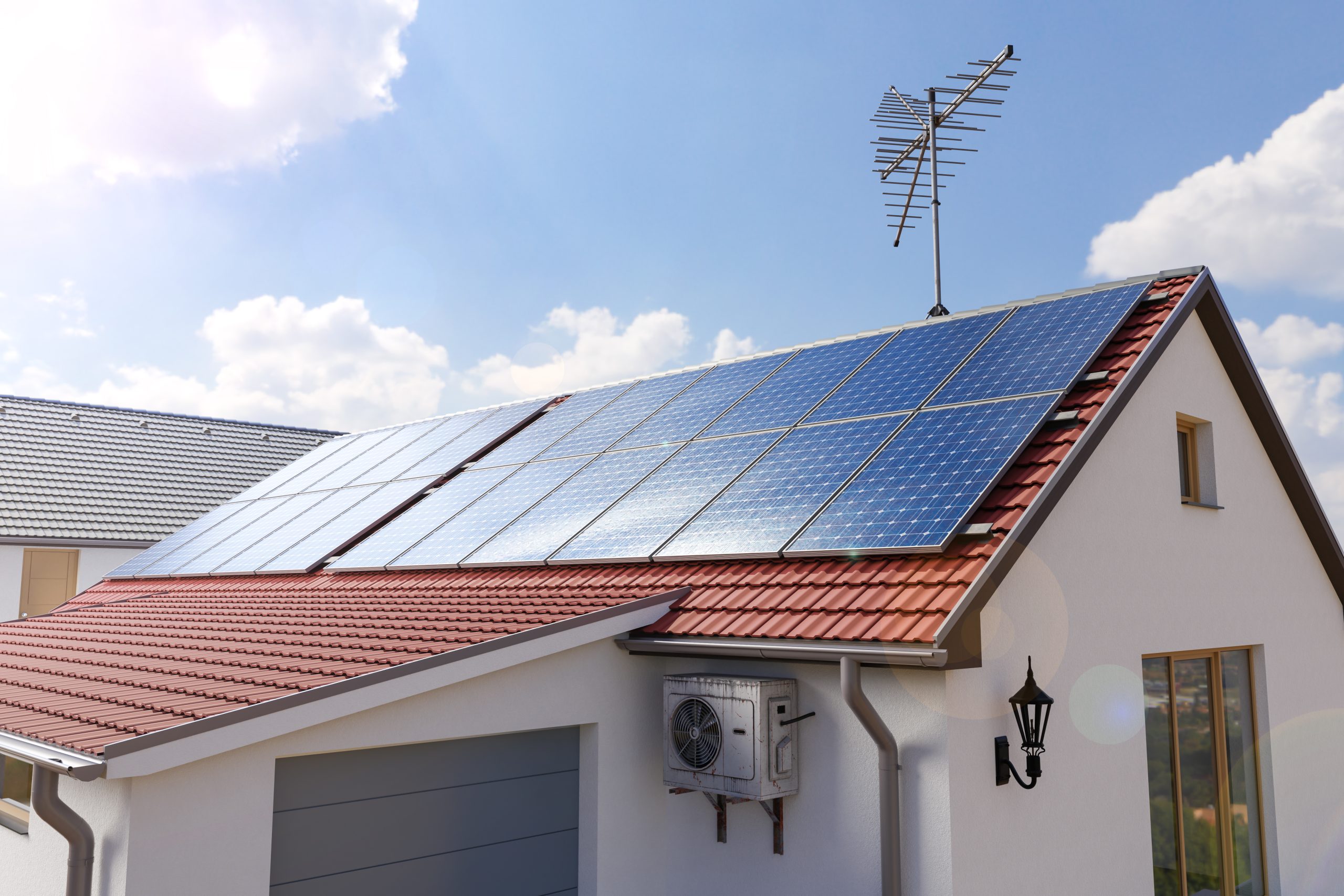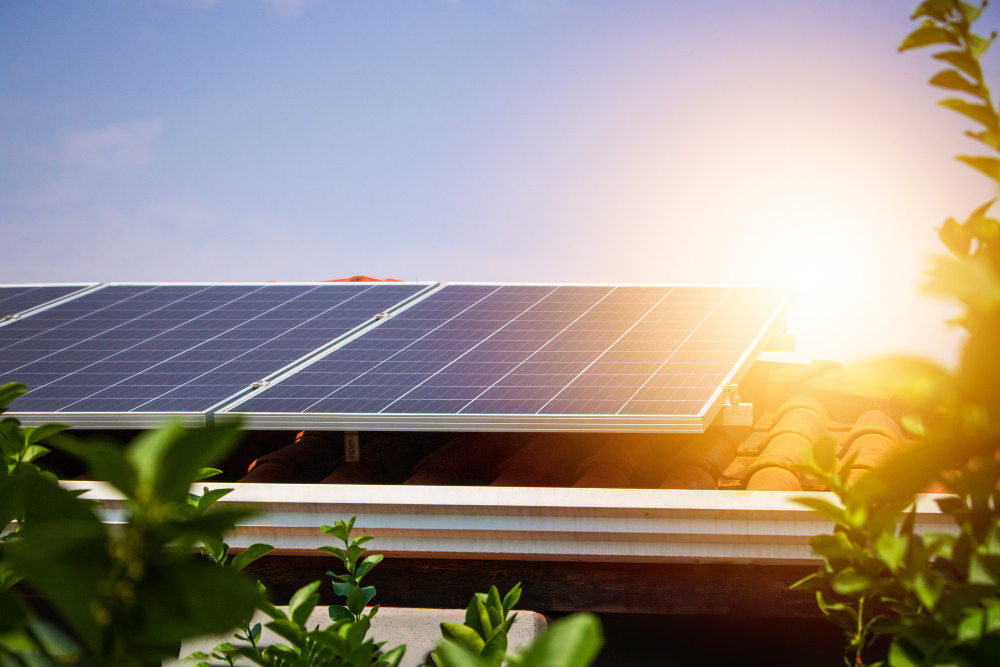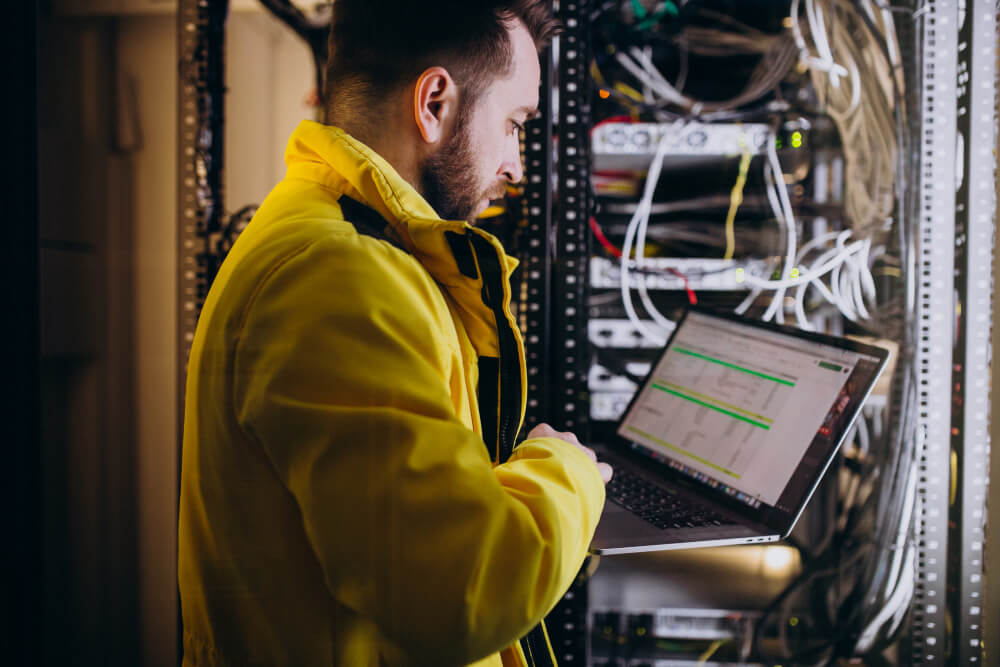Solar panels are an excellent investment for homeowners looking to reduce their carbon footprint and save on energy costs. However, with so many options available in the market, choosing the right solar panels can be a daunting task. This ultimate guide aims to simplify the process and help you make an informed decision. Let’s explore the key factors to consider when selecting solar panels for your home.
Introduction
Solar panels harness the power of the sun to generate clean and renewable energy. They convert sunlight into electricity, which can be used to power your home. By installing solar panels, you can significantly reduce your reliance on traditional energy sources and contribute to a greener future. But before you dive into the selection process, it’s essential to understand the basics of solar panels.
Understanding Solar Panels
Solar panels are made up of photovoltaic (PV) cells, which contain layers of semiconducting material. When sunlight hits these cells, it creates an electric field that generates direct current (DC) electricity. This DC electricity is then converted into alternating current (AC) electricity through an inverter, making it compatible with your home’s electrical system.
Types of Solar Panels
There are three main types of solar panels available in the market:
- Monocrystalline Solar Panels: These panels are made from a single crystal structure, offering high efficiency and sleek aesthetics. They perform well in limited space and higher temperatures.
- Polycrystalline Solar Panels: These panels are made from multiple crystal structures, which makes them more affordable. Although slightly less efficient than monocrystalline panels, they are a popular choice due to their cost-effectiveness.
- Thin-Film Solar Panels: These panels are made by depositing thin layers of semiconductors on a substrate. They are flexible and lightweight, making them suitable for unconventional installations. However, they are less efficient and require more space compared to crystalline panels.
Factors to Consider
When choosing solar panels for your home, it’s crucial to consider the following factors:
1. Efficiency
The efficiency of solar panels refers to the amount of sunlight they can convert into electricity. Higher efficiency panels generate more electricity in a given area. Consider your available roof space and energy needs to determine the ideal efficiency for your system.
2. Cost
The cost of solar panels varies depending on the brand, type, and size of the system. It’s essential to compare prices from different suppliers and consider the long-term savings they can offer. Remember to factor in government incentives and financing options to make an informed financial decision.
3. Warranty
Solar panels come with warranties that cover manufacturing defects and performance guarantees. Look for panels with longer warranties to ensure peace of mind and protection for your investment. Pay attention to both product and performance warranties.
4. Durability
Solar panels are designed to withstand various weather conditions. Consider the panel’s durability, wind and snow load ratings, and resistance to environmental factors. High-quality panels are built to last for several decades, ensuring a reliable and long-lasting energy solution.
5. Aesthetics
Solar panels are a visible addition to your home, so it’s important to consider their aesthetics. Opt for panels that blend well with the architectural style of your home. Some manufacturers offer sleek and low-profile designs that can enhance the overall look of your property. Take into account any homeowner association rules or local regulations regarding the appearance of solar panels.
6. Installation
The installation process plays a crucial role in the performance and longevity of your solar panel system. It’s recommended to hire a professional solar installer with experience and expertise in the field. They will ensure the panels are properly mounted, wired, and connected to your electrical system. Discuss the installation process and timeline with the installer before making a decision.
7. Maintenance
Solar panels generally require minimal maintenance. However, it’s important to consider any specific maintenance requirements mentioned by the manufacturer. Keep the panels clean by removing any dirt, debris, or snow accumulation. Regularly monitor the system’s performance and check for any signs of damage or issues. Some solar installers offer maintenance packages, so inquire about such services during the selection process.
Evaluating Solar Panel Installers
Choosing the right solar panels goes hand in hand with selecting a reputable and reliable solar panel installer. Here are a few key factors to consider when evaluating installers:
1. Experience and Expertise
Look for installers with a proven track record and extensive experience in the solar industry. Experienced installers are more likely to provide high-quality installations and offer valuable guidance throughout the process. Research their background, certifications, and past projects to gauge their expertise.
2. Customer Reviews
Reading customer reviews and testimonials can provide insights into the installer’s customer satisfaction rate. Check online review platforms and seek recommendations from friends, family, or neighbors who have installed solar panels. Positive reviews and recommendations indicate a trustworthy installer.
3. Certifications and Warranties
Ensure that the solar installer is properly licensed and certified. Certifications from reputable organizations, such as the North American Board of Certified Energy Practitioners (NABCEP), demonstrate the installer’s competence and adherence to industry standards. Additionally, inquire about the warranties they provide for their workmanship and installation.
Conclusion
Selecting the right solar panels for your home requires careful consideration of various factors, including efficiency, cost, warranty, durability, aesthetics, installation, and maintenance. By understanding these factors and evaluating reputable solar panel installers, you can make an informed decision that aligns with your energy goals and budget. Embracing solar energy not only benefits the environment but also offers long-term savings and energy independence.
FAQs
1. How much do solar panels typically cost? Solar panel costs vary depending on factors such as panel type, size, and installation complexity. On average, a residential solar panel system can range from $10,000 to $30,000 before incentives and rebates.
2. Are there any government incentives for installing solar panels? Yes, many governments offer incentives, such as tax credits and rebates, to promote renewable energy adoption. Research the incentives available in your region or consult with your solar installer for more information.
3. Can solar panels generate electricity on cloudy days? Yes, solar panels can still generate electricity on cloudy days. However, their efficiency may be slightly reduced compared to sunny days.
4. How long do solar panels last? Most solar panels come with a warranty of 25 to 30 years, but they can last well beyond that. With proper maintenance, solar panels can continue to generate electricity for 30 years or more.
5. Can I install solar panels myself? While it’s technically possible to install solar panels yourself, it’s highly recommended to hire a professional solar installer. They have
the knowledge, experience, and expertise to ensure a safe and efficient installation. They also understand local regulations and can handle the electrical aspects of the installation process.
6. Can solar panels be installed on any type of roof? Solar panels can be installed on various types of roofs, including asphalt shingles, metal roofs, and flat roofs. However, the suitability may vary depending on the roof’s condition, orientation, and structural integrity. A professional installer can assess your roof and recommend the best approach.
7. How much space do solar panels require? The space required for solar panels depends on the size and type of panels you choose. On average, a residential solar panel system requires about 100-400 square feet of unshaded roof space. However, this can vary based on factors such as panel efficiency and desired energy output.
8. Do I need batteries to store solar energy? Batteries are not necessary for all solar panel systems. If your goal is to reduce your electricity bills by generating solar energy, you can remain connected to the grid and feed excess energy back into it. However, batteries can be added to store excess energy for later use, providing backup power during grid outages.
9. Can I install solar panels if I live in a rented property? If you are a renter, installing solar panels may not be feasible unless you have permission from your landlord. However, you can explore community solar programs or discuss the possibility of solar installations with your landlord to benefit from renewable energy.
10. How long does it take to recoup the cost of solar panel installation? The payback period for solar panel installation depends on various factors, including the initial cost, electricity savings, and available incentives. On average, homeowners can recoup their investment within 5 to 10 years, after which they can enjoy significant savings on their energy bills.
In conclusion, choosing the right solar panels for your home requires careful consideration of factors such as efficiency, cost, warranty, durability, aesthetics, installation, and maintenance. By conducting thorough research, evaluating reputable solar panel installers, and understanding your energy goals, you can make an informed decision that aligns with your needs and contributes to a sustainable future. Embrace solar energy and enjoy the benefits of clean and renewable power for your home.



